International recognition of Palestine may signal a global consensus, but recognition without sovereignty, justice, and human rights leaves Palestinians in a perpetual state of occupation.
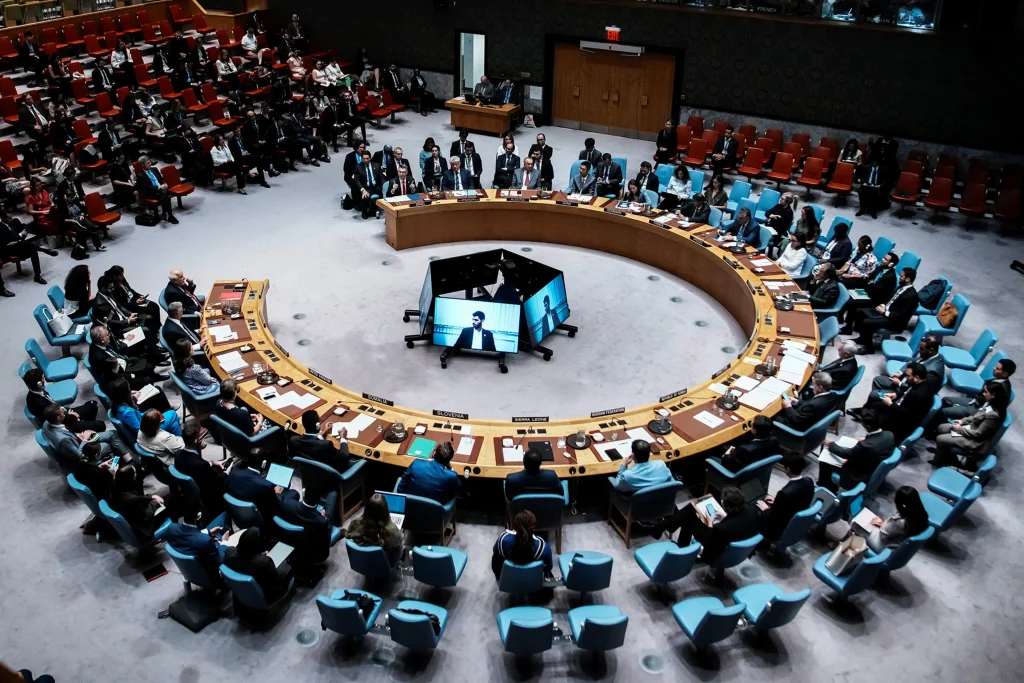
Unless the world confronts illegal settlements, apartheid policies, and military occupation, Palestine will remain a state in name only.
The Two-State Formula: A Historic but Fading Vision
For more than half a century, the two-state solution has been the so-called roadmap to peace: a Palestinian state alongside the Zionist regime in the occupied West Bank, Gaza, and East Jerusalem. This was not born of recent crises. Instead, it was codified as a strategic choice by Arab states following the UN Security Council Resolution 242 in 1967.
While Resolution 242 did not explicitly call for two states, its principles — withdrawal from occupied Palestinian land in exchange for peace and recognition — laid the diplomatic scaffolding for decades of Middle East negotiations.
Palestinian Concessions in the Name of Peace
The Palestine Liberation Organization (PLO) took its first official step towards compromise in 1974 with its Ten-Point Program, which allowed for establishing authority on any liberated territory — an unmistakable pivot to incremental statehood.
In 1988, at Algiers, the PLO formally declared the State of Palestine, accepting UNSC Resolutions 242 and 338 as the framework for negotiations. Later, in 1993, the Oslo Accords marked an even deeper concession: the PLO recognized Israel’s “right to exist.”
Yet, while Palestinians repeatedly acknowledged Israel, the Zionist state never reciprocated by committing to a Palestinian state. These historic compromises, unmatched on the Israeli side, continue to define the asymmetry of the conflict.
Recognition Without Rights
Today, over 140 countries formally recognize Palestine, a symbolic milestone that underscores global support. But in practice, recognition means little when occupation, checkpoints, and apartheid walls still dictate daily life.
True recognition must go beyond symbols. It requires dismantling the system of settlements, land seizures, military raids, and human rights violations that deny Palestinians their freedom. Without tackling these realities, Palestinians remain in limbo: recognized by the world, but stripped of their rights.
Toward Genuine Sovereignty and Justice
The path to peace cannot be found in hollow statements or endless negotiation frameworks. International law, human rights charters, and UN resolutions already provide the tools needed. What remains is the political will to enforce them.
Unless the world addresses occupation, apartheid policies, and expansionist settlements head-on, Palestine will continue to be recognized on paper but denied in practice.

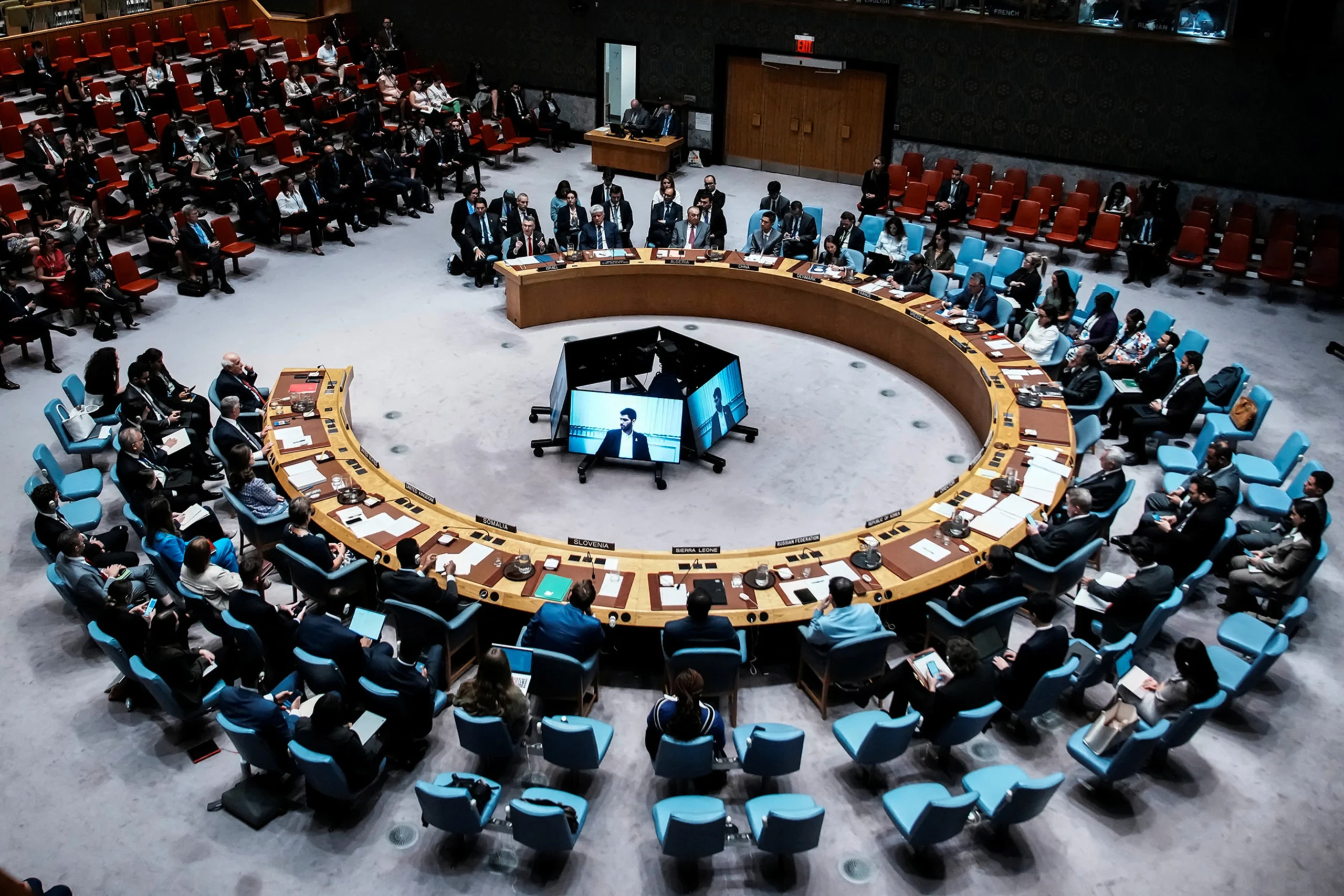


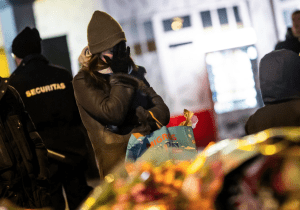
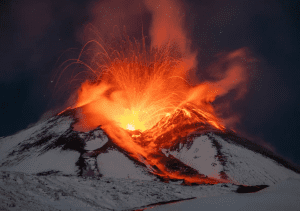
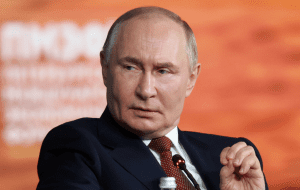
















Comments are closed.